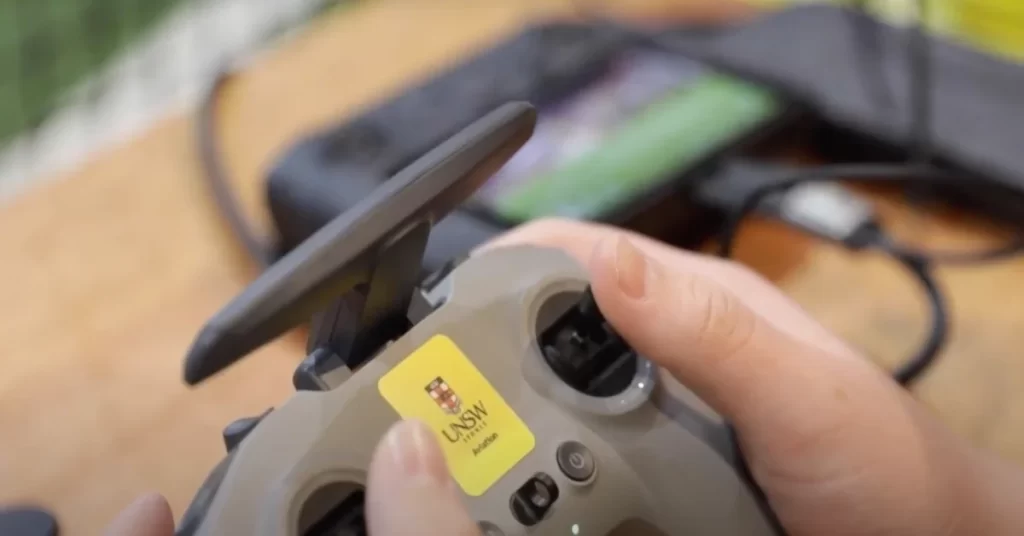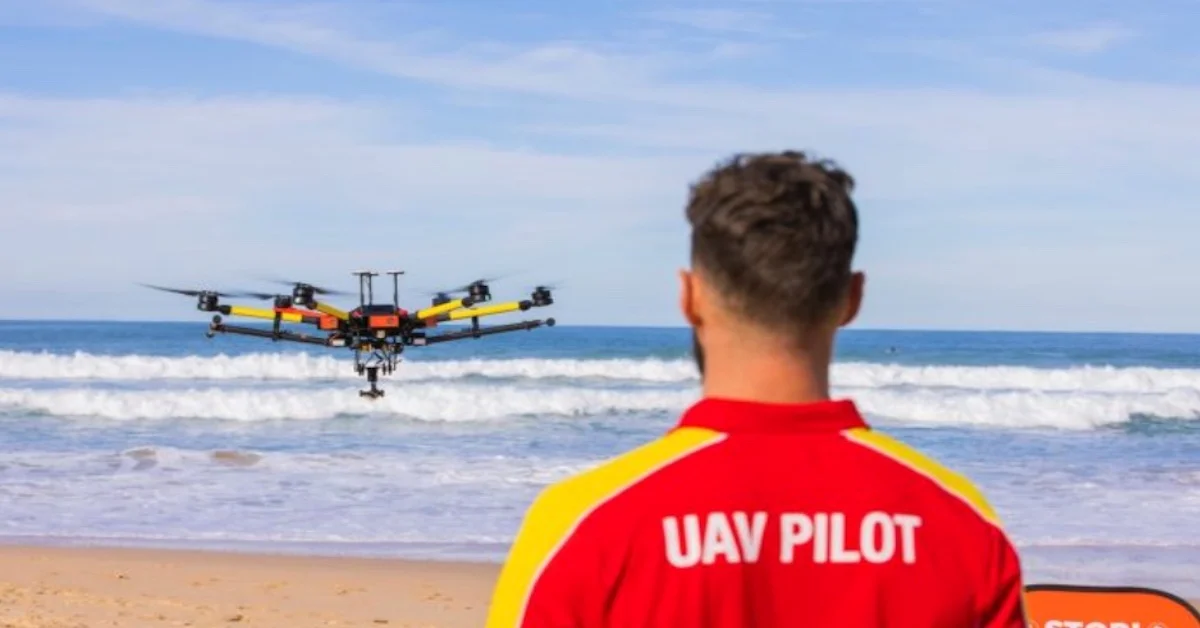From saving lives at the beach to delivering groceries, drones are becoming a part of everyday life, and UNSW is preparing students for this shift with a new aviation degree.
The University of New South Wales has introduced a Bachelor of Aviation – Remotely Piloted Aircraft Systems in response to a projected boom in drone usage across Australia, with forecasts predicting an increase from 1.5 million annual drone flights in 2023 to 60.4 million by 2043.
A growing industry with new career opportunities
Drones are rapidly transforming industries, from agriculture and emergency services to food delivery and environmental monitoring. A report by Airservices Australia estimates that by 2043, Australian farmers will conduct 500,000 drone flights annually to monitor crops, while drones will be responsible for 1.5 million food deliveries per year. Emergency services, including surf lifesaving and police operations, are also expected to deploy drones for 80,000 missions annually.
With this demand, the aviation sector is undergoing what UNSW experts describe as a generational shift, requiring a new workforce trained in drone operations, regulatory knowledge, and technical skills. To meet this need, UNSW’s program offers a mix of practical flying experience and academic coursework, positioning graduates at the forefront of a rapidly evolving industry.
Hands-on training with industry leaders
Students enrolled in the new degree will complete 80 hours of flight experience, including 40 hours of crewed aircraft training alongside students in the Bachelor of Aviation (Flying) program. The remaining 40 hours focus on drone operations, split between multi-rotor and fixed-wing equipment.
A key component of the degree is its partnership with Surf Life Saving NSW (SLS NSW), where students gain real-world experience using drones to search for missing swimmers, detect sharks, and assist in emergency responses such as floods and bushfires. This hands-on training bridges traditional aviation principles with the evolving demands of drone technology.
An evolving curriculum to meet industry needs
Unlike traditional aviation degrees, this program integrates management, programming, information systems, and aviation law to provide students with a broad skill set. Graduates will earn both a Remote Pilot Licence (RePL) and a Recreational Pilot Licence (RPL), allowing them to operate drones in commercial settings or move into broader aviation roles.
According to Dr Graham Doig, a senior lecturer at UNSW’s School of Aviation, the industry is at a pivotal moment where Australia has the opportunity to lead the world in drone aviation. He predicts that within the next decade, large autonomous aircraft will be a common sight in Australian airspace, reinforcing the importance of training specialists who can manage and operate these systems.

Preparing students for the future of aviation
UNSW is the only Group of Eight (Go8) university offering aviation degrees, making it a leader in this field. The School of Aviation has been educating pilots and aviation professionals for over 25 years and collaborates with industry leaders such as Qantas, Airservices Australia, CASA, and the Australian Transport Safety Bureau.
The Bachelor of Aviation (RPAS) is designed to equip students with both technical expertise and strategic thinking skills, preparing them for careers in emergency response, commercial drone operations, defence, and surveying. With the rapid expansion of the drone sector, UNSW graduates are expected to be in high demand across various industries.
Published 30-January-2025





